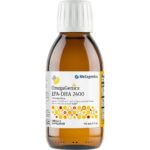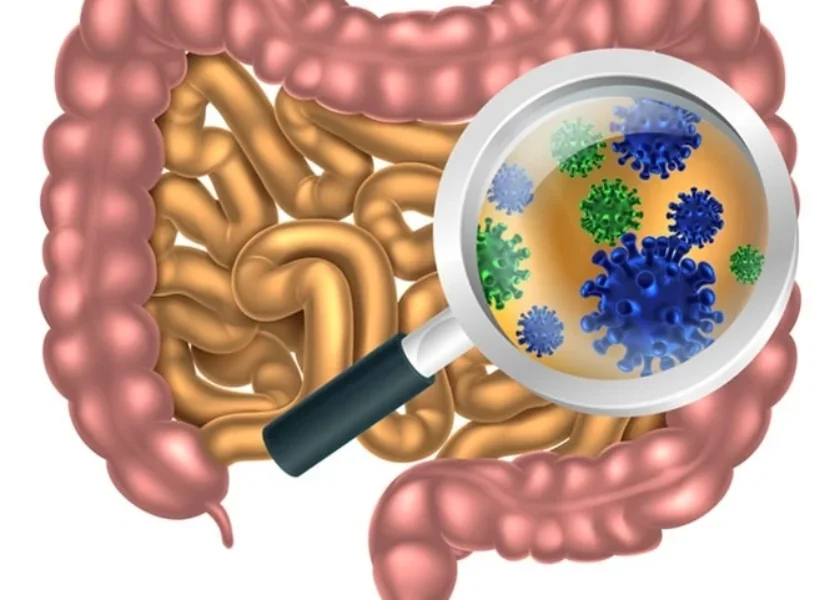If you have a child in school, how long did it take before they came home with a cold this school year?
The weather is changing quickly and colds and flus are on the rise right now.
One thing you can do to help support your immune system right now is reduce the amount of sugar you consume each day. Yes, it may be tough with Thanksgiving and Halloween candy everywhere. But do yourself a favour and try to limit the intake of sugar as much as you can.
Excessive sugar consumption depletes the body’s nutrient balance, which triggers a cascade of inflammation and metabolic disruption in the body. If you have inflammation, your immune system needs to work harder to fight off viruses and infections.
Three ways sugar negatively impacts your body’s natural defense system:
- Sugar that you eat causes your blood sugar to rise, which can activate an enzyme called protein kinase C. This enzyme leads to dysfunction in neutrophils, which are a type of white blood cell that travel to the source of an infection, “eat” and then destroy the invading microorganism. None of these steps work nearly as well with high blood sugar levels.
- High blood sugar is also associated with the inability of immune cells to properly “tag” foreign pathogens so they can be “eaten” and destroyed.
- High blood sugar contributed to multiple defective immune responses, including a decrease in IL-6, a chemical messenger necessary for a proper immune response.
High sugar consumption can also irritate your stomach and gut lining (pain, bloating, gas) and increase Insulin Resistance.
Ideally we do recommend avoiding sugar completely but if you do need to eat sugar, try to have it after a workout. Raising your insulin can be helpful with replenishing muscle glycogen stores and taking up amino acids for repair and rebuilding. Or opt for natural sweeteners like stevia or monk fruit, which have a negligible impact on Blood Sugar and Insulin levels.






